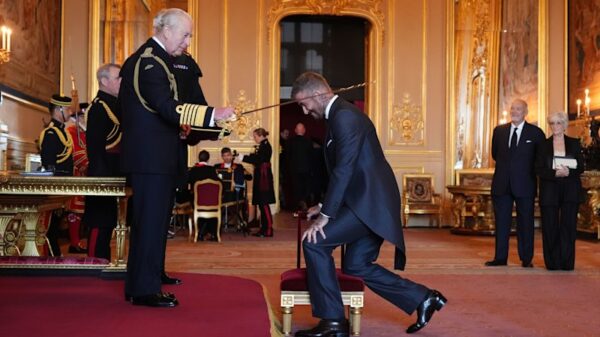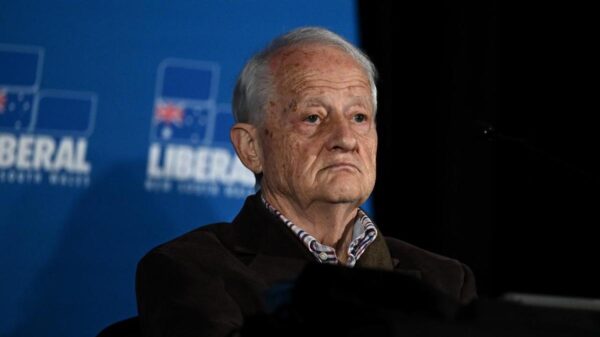The arrival of students at universities each autumn marks a significant transition for many young adults. Recently, a photograph of a god-daughter embarking on her first term at university prompted reflections on the university experience, a time often marred by negative media portrayals. The excitement captured in that image contrasted sharply with the prevailing discourse surrounding higher education, which often focuses on issues such as campus unrest, financial struggles, and student mental health.
Discussions about universities today frequently highlight a series of challenges. Critics claim that campuses are rife with what they term “woke” culture, portraying students as overly concerned with political correctness and radical ideologies. Reports suggest that institutions are experiencing financial difficulties, relying heavily on international students to maintain revenue streams. Some even claim that the quality of education is compromised, with students either relying on artificial intelligence tools like ChatGPT for assignments or becoming increasingly disengaged from traditional learning methods.
While these concerns are not without merit, they overshadow a more fundamental aspect of the university experience: the personal growth and exploration that occur during this pivotal time. Many students continue to engage in the traditional activities of university life—socializing, forming relationships, and pursuing an education. It is essential to recognize that the portrayal of students as politically motivated individuals is often exaggerated. In reality, the majority are focused on their studies and personal development.
The Value of the University Experience
University serves as a unique transitional phase, offering young adults a space to navigate the complexities of adulthood. This period, often referred to as a “liminal space,” allows students to experiment with their identities and gain independence in a relatively supportive environment. Here, they can learn valuable life skills such as budgeting, cooking, and time management, all while making mistakes that will contribute to their personal development.
Moreover, universities house a vast reservoir of knowledge accumulated over generations. This intellectual heritage is preserved and expanded upon by dedicated scholars who contribute to a global body of research. The educational experience extends beyond the classroom, encompassing interactions with diverse perspectives and opportunities for critical thinking.
Critics of higher education often focus narrowly on economic metrics, such as the “graduate premium,” to measure the value of a degree. However, education at this level encompasses far more than mere job preparation. It is about fostering intellectual curiosity, developing critical thinking skills, and encouraging social engagement.
Support for Universities and Students
As society grapples with the challenges facing higher education, it is crucial to advocate for the value of universities and the experiences they provide. By supporting these institutions, we recognize their role in shaping the future workforce and contributing to society as a whole.
While there are certainly issues that need addressing, such as student mental health and financial stability, it is important to celebrate the positive aspects of university life. We should appreciate the joy and potential that students bring to these campuses.
In conclusion, as we witness the start of another academic year, let us acknowledge the richness of the university experience. It is a time of exploration, growth, and learning that extends beyond textbooks and lectures. While challenges exist, the essence of university life—community, discovery, and personal development—remains a vital part of the educational journey.


































































